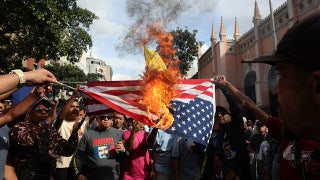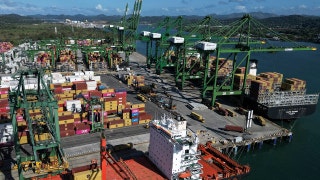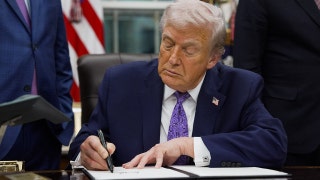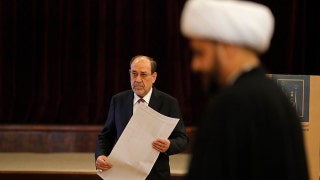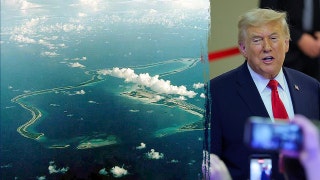BEIJING – The Latest on the annual meeting of the National People's Congress in Beijing (all times local):
2 p.m.
China's top economic official, Premier Li Keqiang, has promised more market opening and cuts in a bloated steel industry that has inflamed trade tensions with Washington and Europe.
The meeting of the National People's Congress is overshadowed by constitutional changes that would allow President Xi Jinping to stay in power indefinitely, but businesspeople and economists also are looking for signs Xi is speeding up reform.
Li affirmed China "will be bolder in reform and opening up" in his nationally televised speech. He specified the manufacturing industry would be "completely" opened to foreign investors and access would expand in other industries, but gave no details.
Foreign business groups complain previous pledges have been diluted by conditions such as ownership limits or requirements to hand over technology that make them unappealing.
___
10 a.m.
China's finance ministry says the country's defense budget this year will rise 8 percent to 1.1 trillion yuan ($173 billion).
The figure released in a report Monday to the National People's Congress is an increase from last year, when ministry officials told the Associated Press the budget was rising to 1.044 trillion yuan ($151 billion).
China's defense budget is the world's second largest, behind the United States.
China is preparing to launch its second aircraft carrier, integrating stealth fighters into its air force and fielding an array of advanced missiles able to attack air and sea targets at vast distances.
On Sunday, Zhang Yesui, a spokesman for the legislature, said China's defense spending as a share of GDP and the budget also remains lower than that of other major nations.
___
9:30 a.m.
Chinese leaders have set this year's official economic growth target at "around 6.5 percent," which is down slightly from 2017 but would be among the world's strongest if achieved.
The announcement Monday came at a meeting of China's ceremonial legislature that is overshadowed by proposed constitutional changes that would allow President Xi Jinping to remain in power indefinitely.
The growth target — down from last year's "6.5 percent or higher if possible" — reflects Beijing's promises to pursue more sustainable growth based on domestic consumption instead of exports and investment. However, it still is high enough that private-sector analysts have questioned whether it can be achieved without setting back reform efforts by pumping up bank lending and government stimulus spending.
